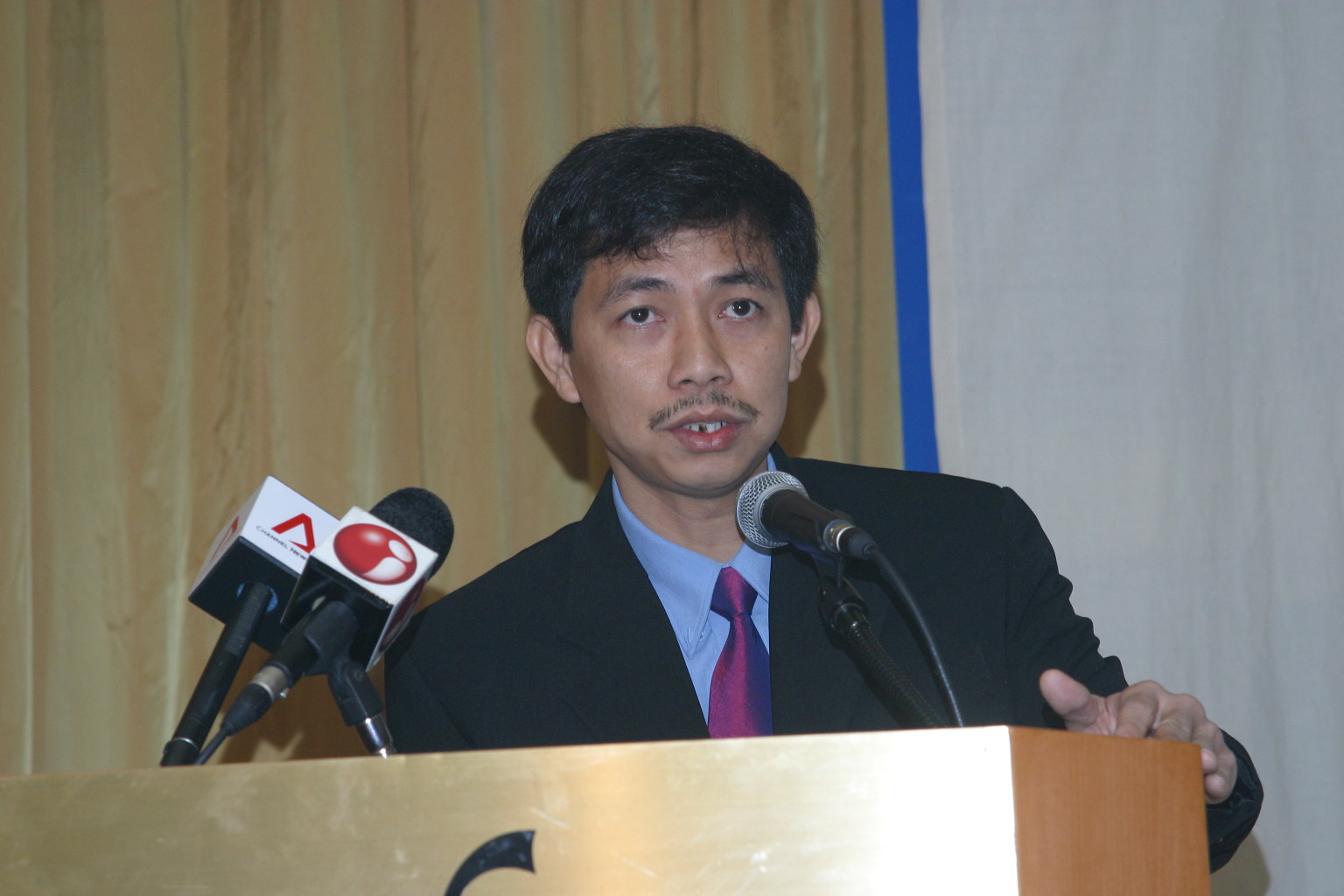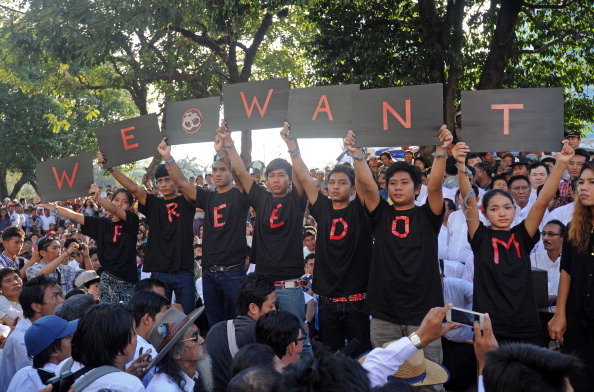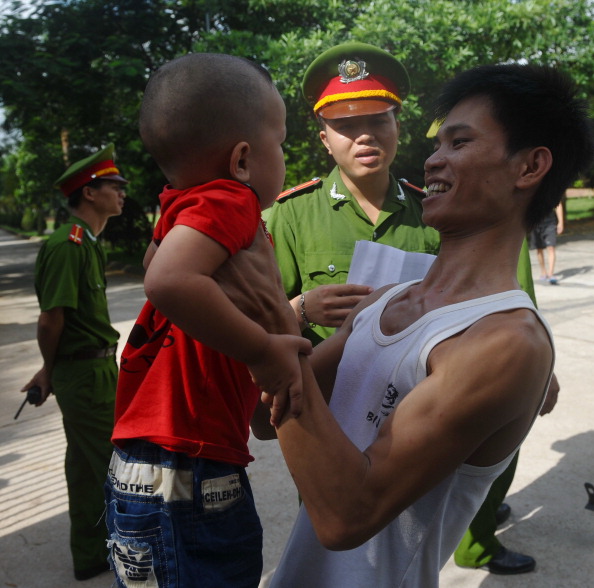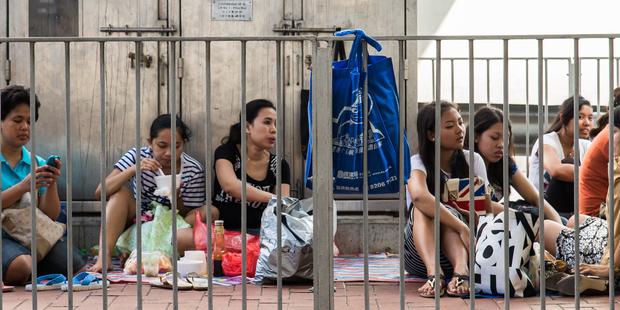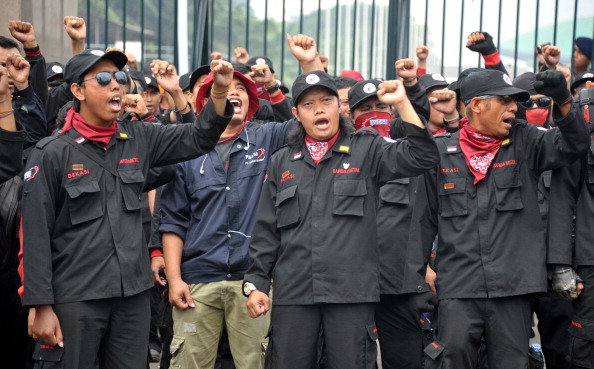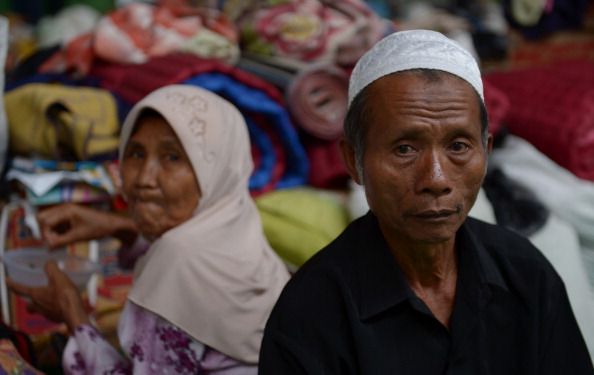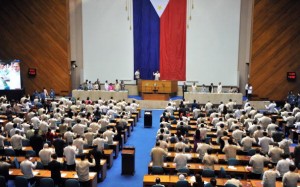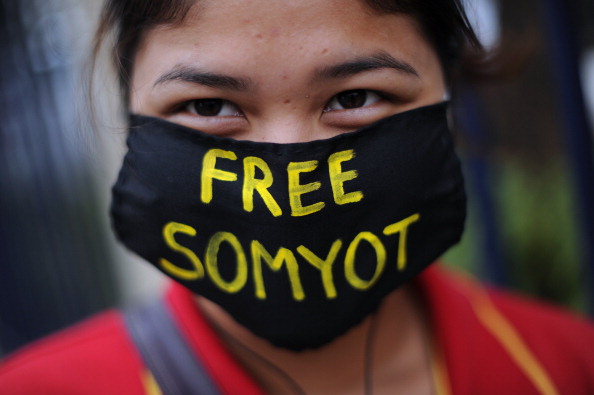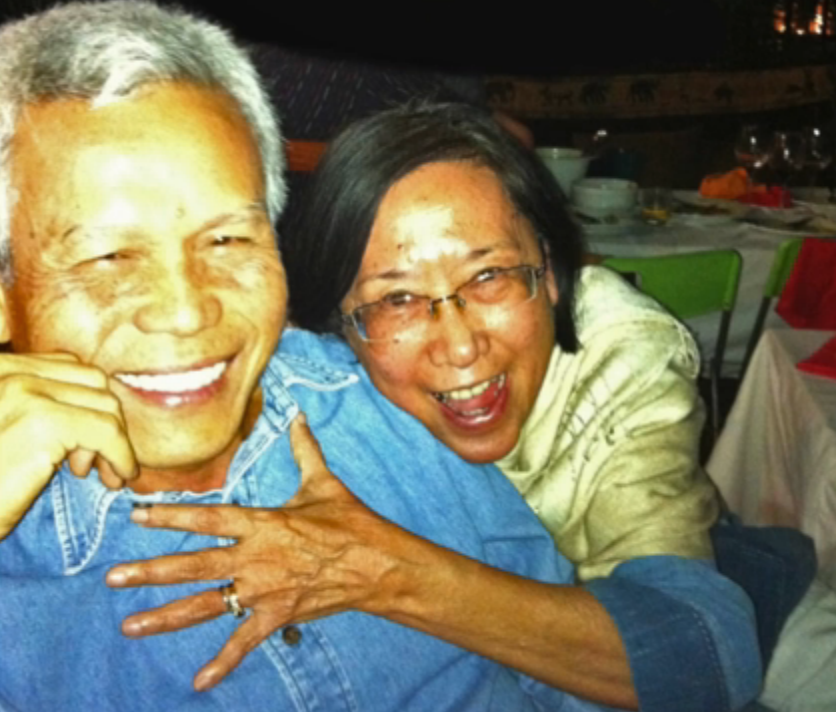
“They’ve already taken my husband. I’m not going to succumb to fear,” wife of disappeared Lao agriculture specialist tells audience.
How does one suddenly disappear from a busy city street?
In 2005, in recognition of his community leadership, Sombath Somphone won the Ramon Magsaysay Award, considered Asia’s Nobel Prize. Sombath has played a key role in supporting the development of civil society in Laos. Sombath founded the Participatory Development Training Centre in 1996 to promote education, leadership skills and sustainable development in Laos.
In 2012, seven years after winning the prestigious Ramon Magsaysay award, Sombath disappeared. SEE THE REST OF THIS POST
